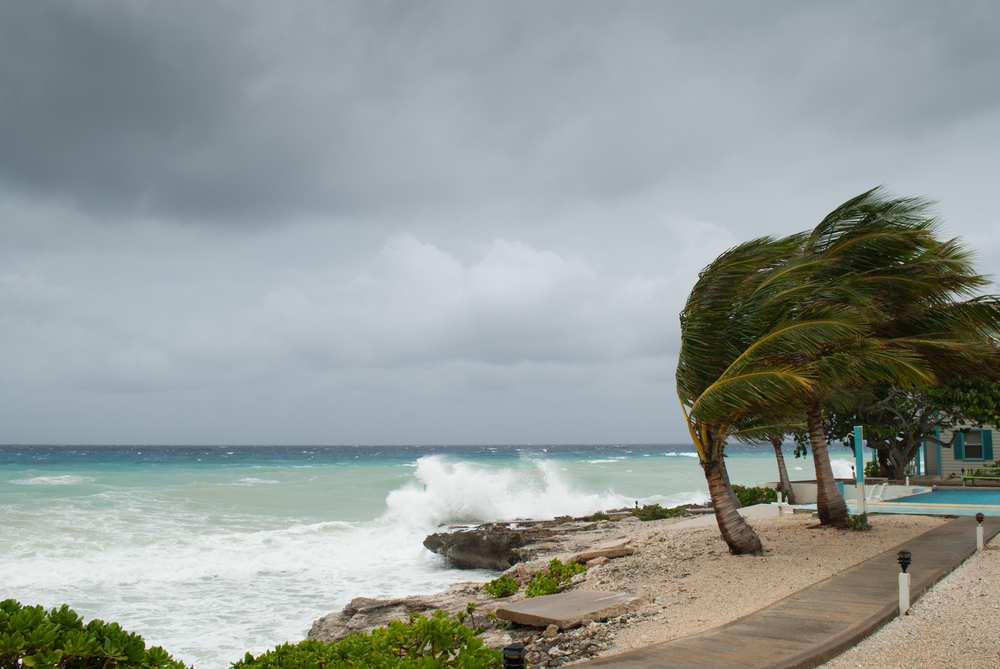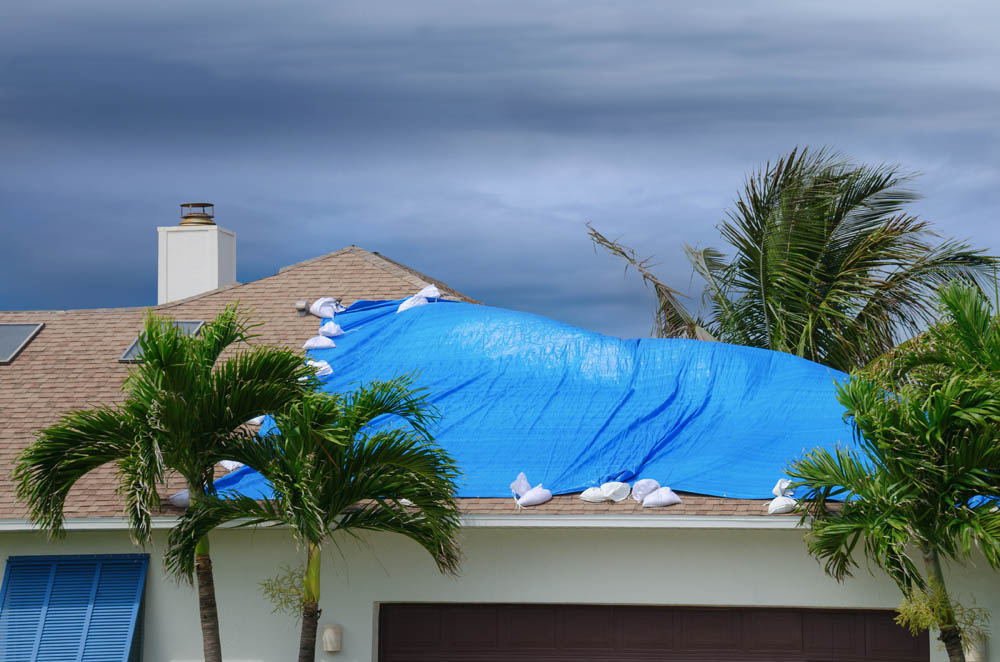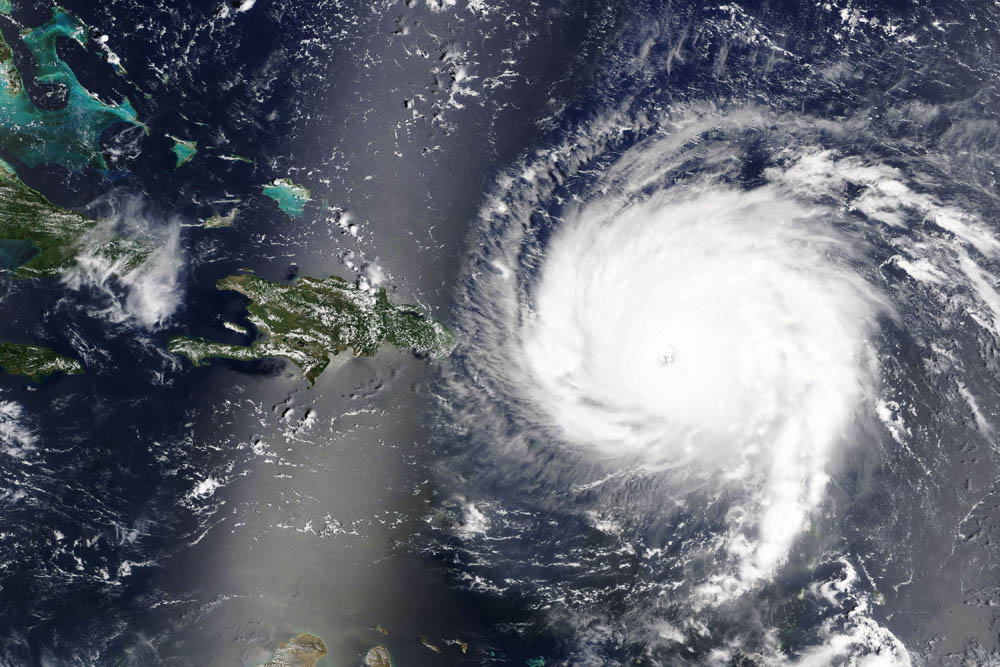
Will Harvey Impact National Flood Insurance Program Renewal?
The pictures and videos of the wide spread flooding in Houston and Southeast Texas are horrifying. Hurricane Harvey is officially the largest rain event in US history, dumping nearly 4 feet of rain. Generally, when we think of hurricane caused flooding, we think of storm surge. But Harvey, because it stalled and rapidly weakened as it made landfall, reminds us that hurricanes can be massive rain storms too and that rain storms can cause even more wide-spread flooding than storm surge alone.
As we watch Texas recover from the devastation, it is important to consider the implications that Harvey will have on the National Flood Insurance Program (NFIP). Coincidentally, Congress must reauthorize NFIP by September 30 or it will expire. The program has been under tremendous scrutiny, even before Harvey. Prior to the hurricane, NFIP was $25 Billion in debt. President Trump’s budget called for cuts to the program, arguing that government services should not be subsidized by tax payers who do not directly benefit from them.
Will Harvey change the president’s thinking? Though the president has pledged over $6 Billion in aid for recovery, the funds are not (at least yet) for flood insurance. Flood premiums, historically, are insufficient to cover claims. Insurers expect billions in claims in the coming weeks and months, adding to the deficit. This is normally the case following a hurricane.
Interestingly, less than 1/3 of Harvey flood losses will actually be insured. As of April, less than 1/6 of the homes in Harris County (Houston) had flood insurance in the NFIP. More than 1,000,000 homes are unprotected. The NFIP deficit would be much worse if all or even more homes were insured. But the losses will be staggering when everything is calculated.
Why are so many homeowners uninsured in Houston? People generally only buy flood insurance if required by their lenders. Lenders rely on the flood maps. Flood maps are not accurate and not updated regularly. And, people become comfortable to learn that they are in the “100-year flood plain” believing that only a so-called “100 year storm” will affect them. But that is not what the 100-year flood plain means. It means that there is a 1% chance that your home could flood in any given year (.2% in the so-called 500-year flood plain). The maps are prepared by the USGS and based on estimates, considering flowage of rivers and streams, their pressure points and dams, among other things. But man made changes are not considered. I am not talking about climate change and green house gasses. I am talking about development. Where have buildings and roads been constructed? How has that affected natural surface water drainage? In Houston’s case, natural bayous are paved over and become impervious. There is no where for excess water to go. The size and scope of the flooding from Harvey might not have happened 30 years ago or even 15 years ago.
Building codes are based on the flood maps and flood maps set participation in NFIP and in Houston’s case, fewer than 1/3 participate. Disaster.
What about the rest of us come September 30? Can Congress and the Administration re-authorize NFIP and control costs? Prior to Harvey, the answer appeared to be no. Representative Jeb Hensarling (R-TX), chairman of the House Financial Services Committee sponsored the re-authorization bill. One of the things the bill proposed was to reduce the risk pool. However, industry groups opposed and Representative Hensarling has trimmed the bill back. For example, the bill originally required the phase out of flood coverage for new construction in high risk areas (read, coastal areas). The National Association of Home Builders strongly opposed this provision and it was cut. The bill would have removed provisions in the NFIP that continued to provide premium discounts to homeowners when flood risk changes. But the National Association of Realtors strongly opposed this provision and it was cut.
The American Bankers Association warns that there will be a new foreclosure crisis if Congress terminates flood coverage. They hope that Congress will act before the end of the month. Harvey might be the impetus to encourage Congress to re-authorize. With Hurricane Irma rapidly approaching the US coast, and Florida possibly the target, we don’t have time to wait.




No Comments
Sorry, the comment form is closed at this time.